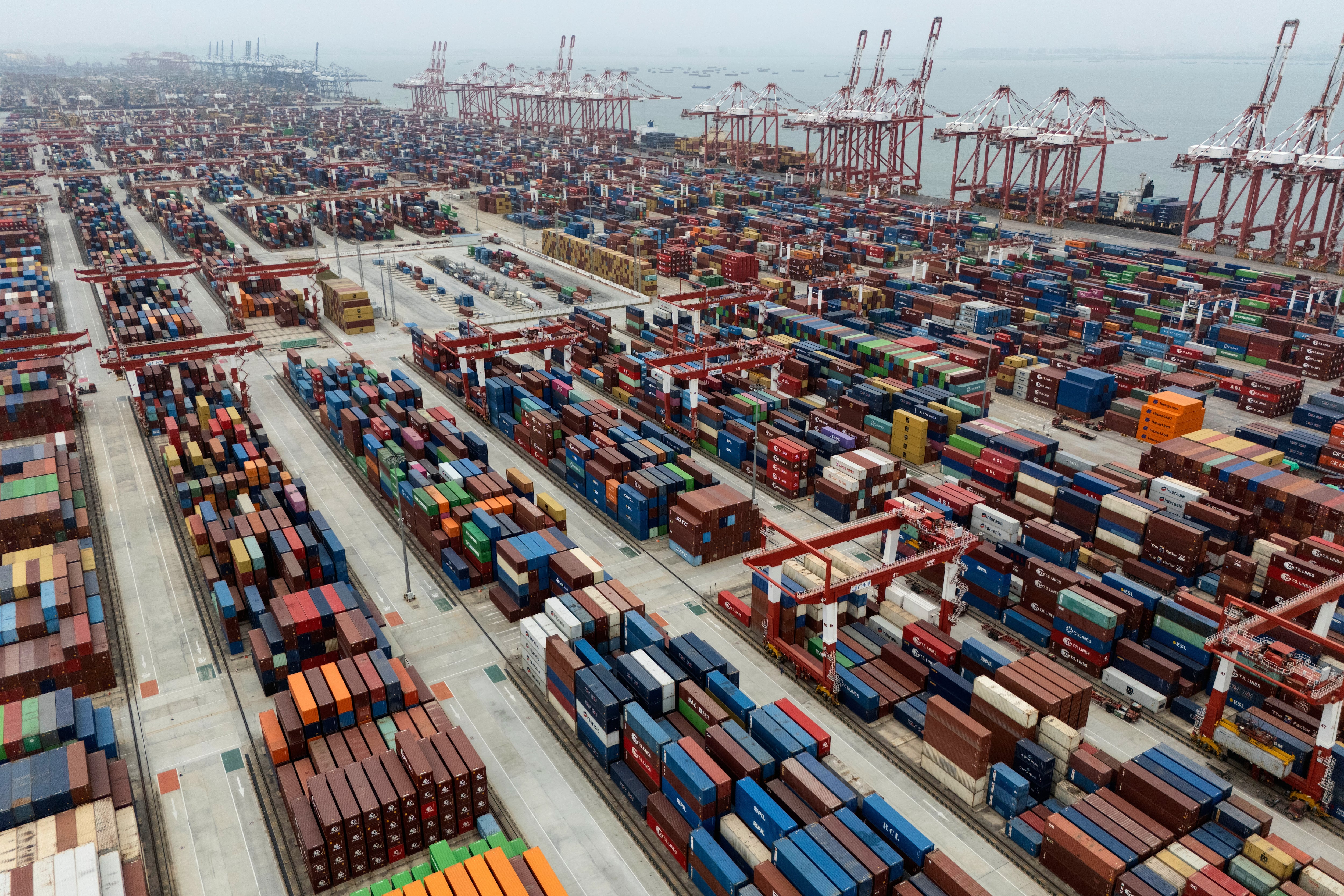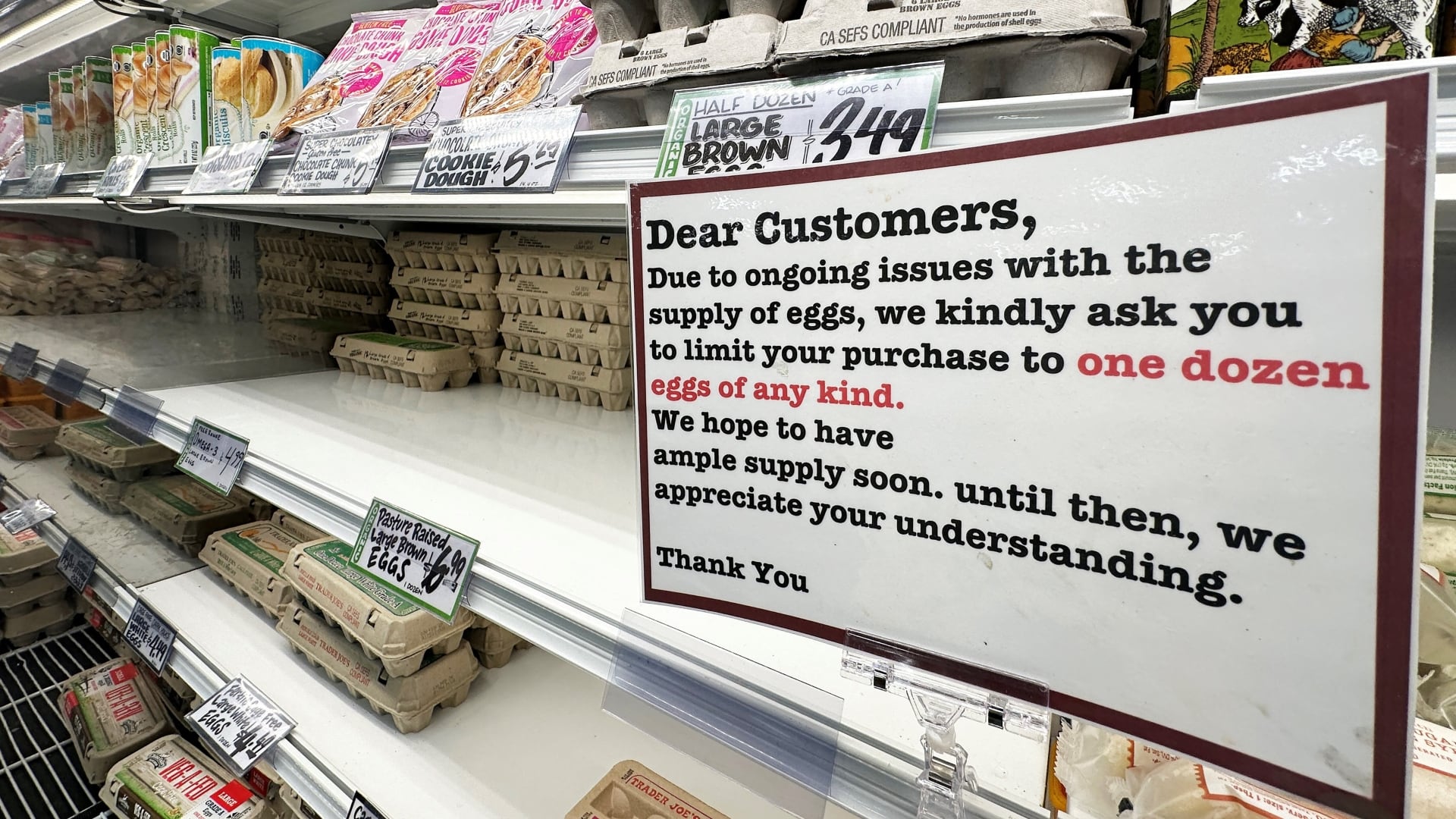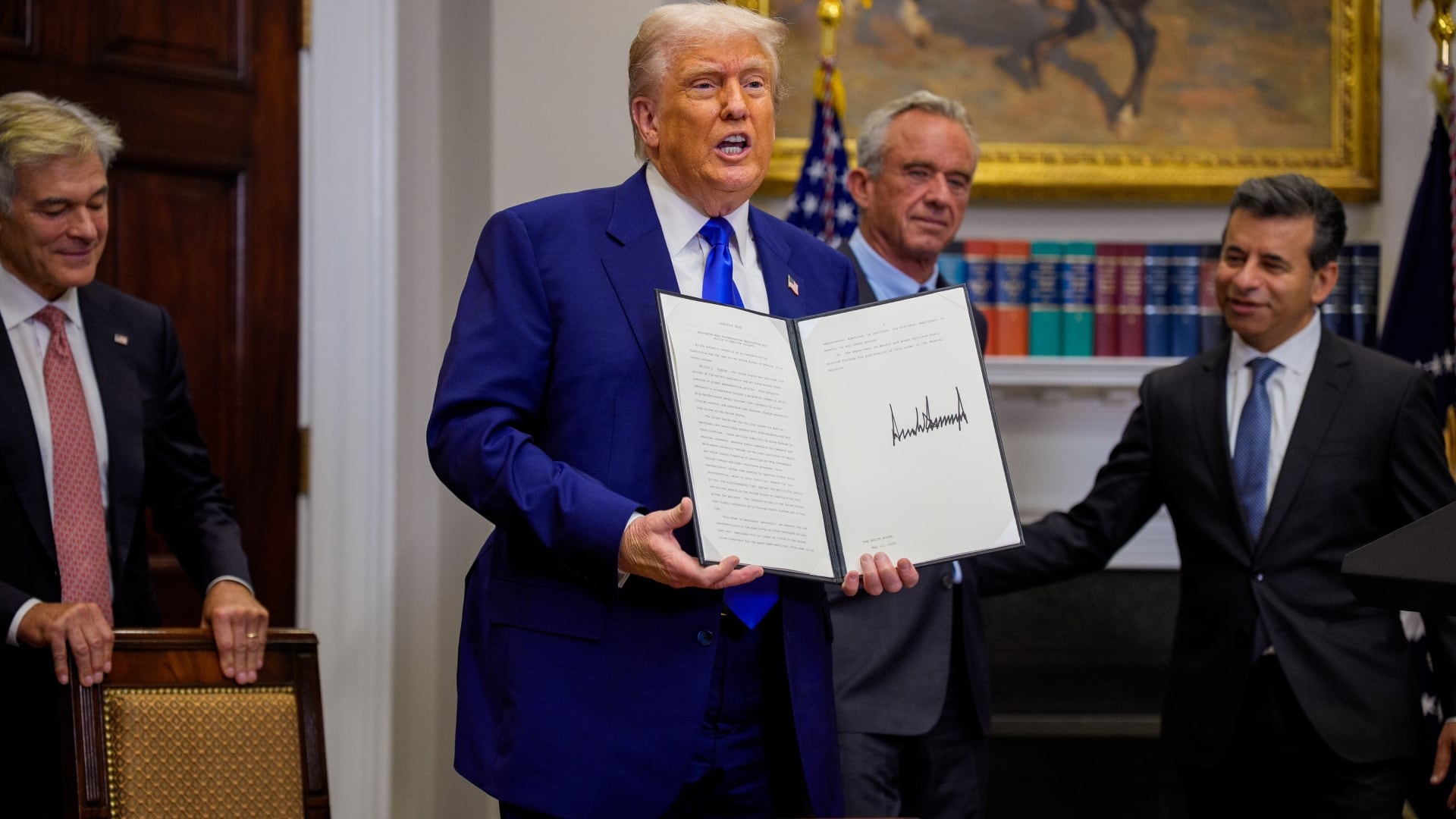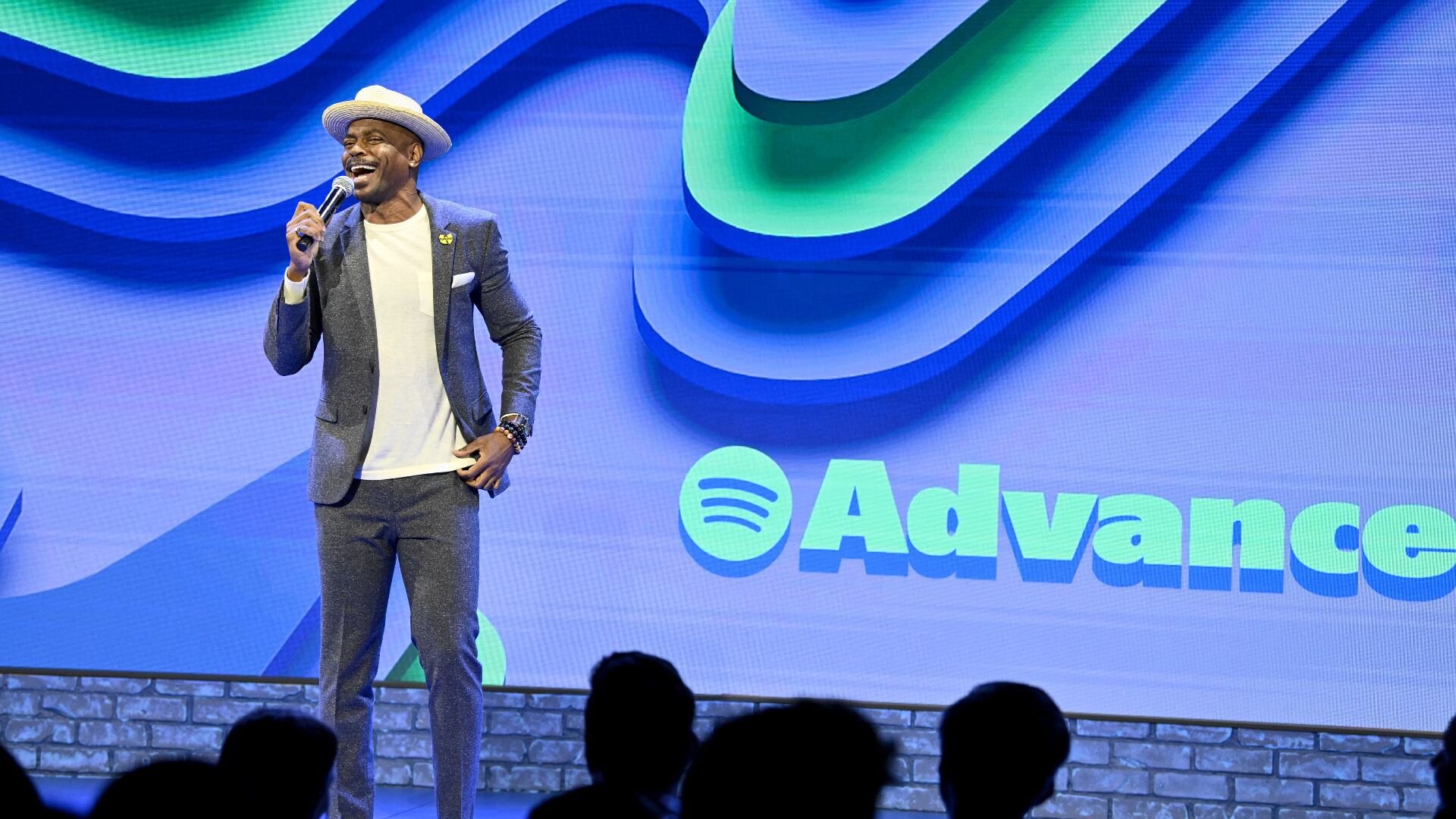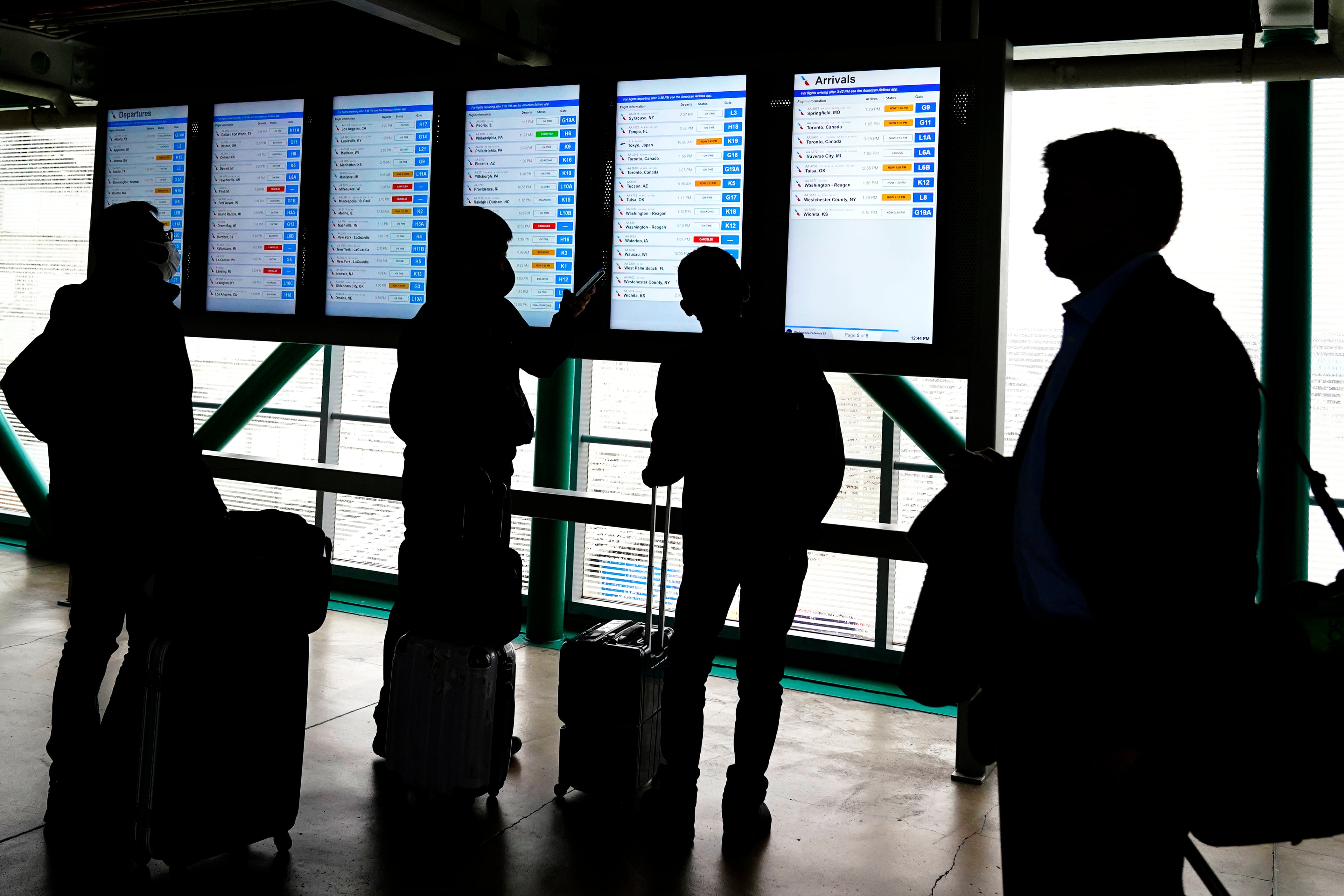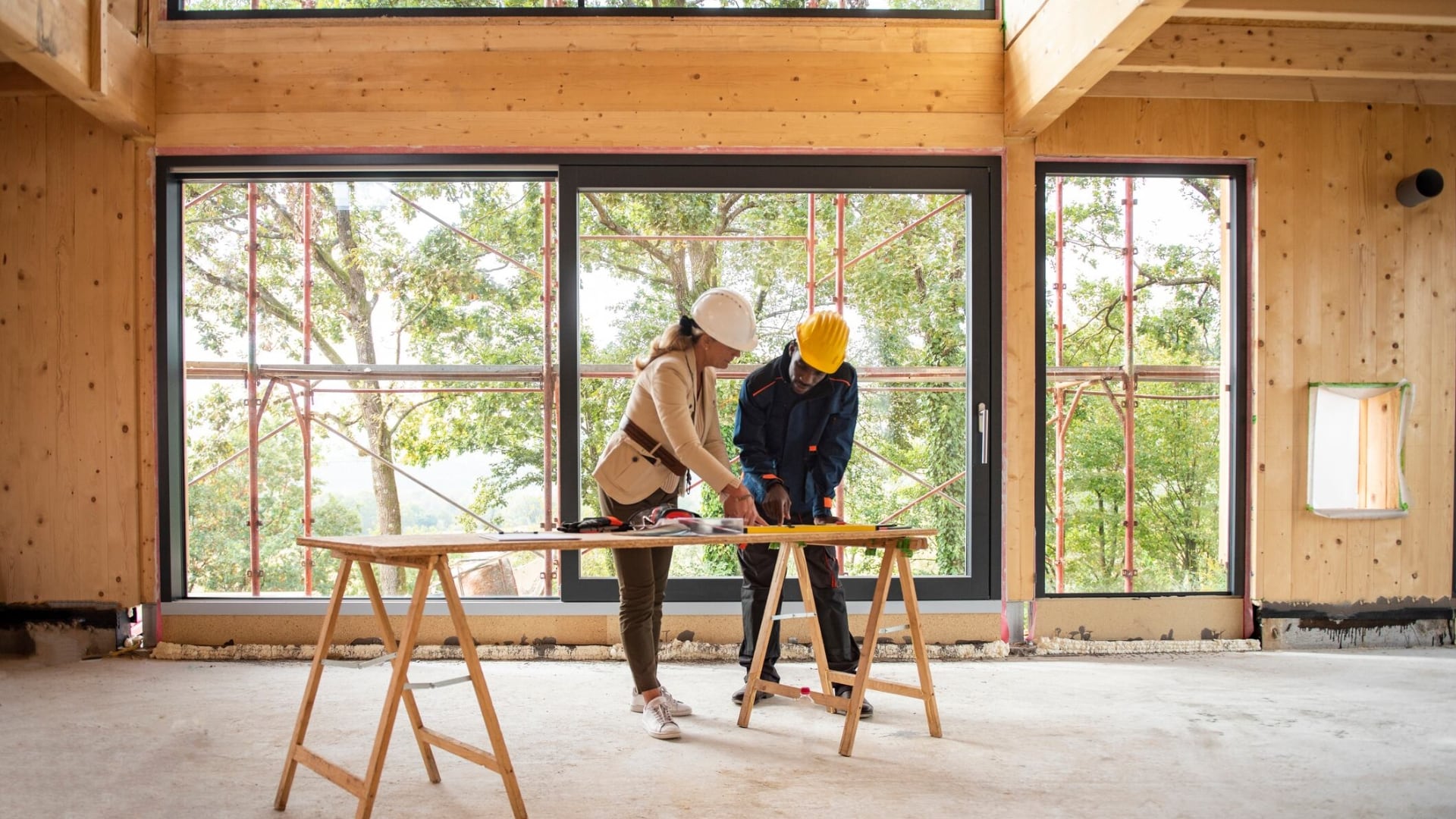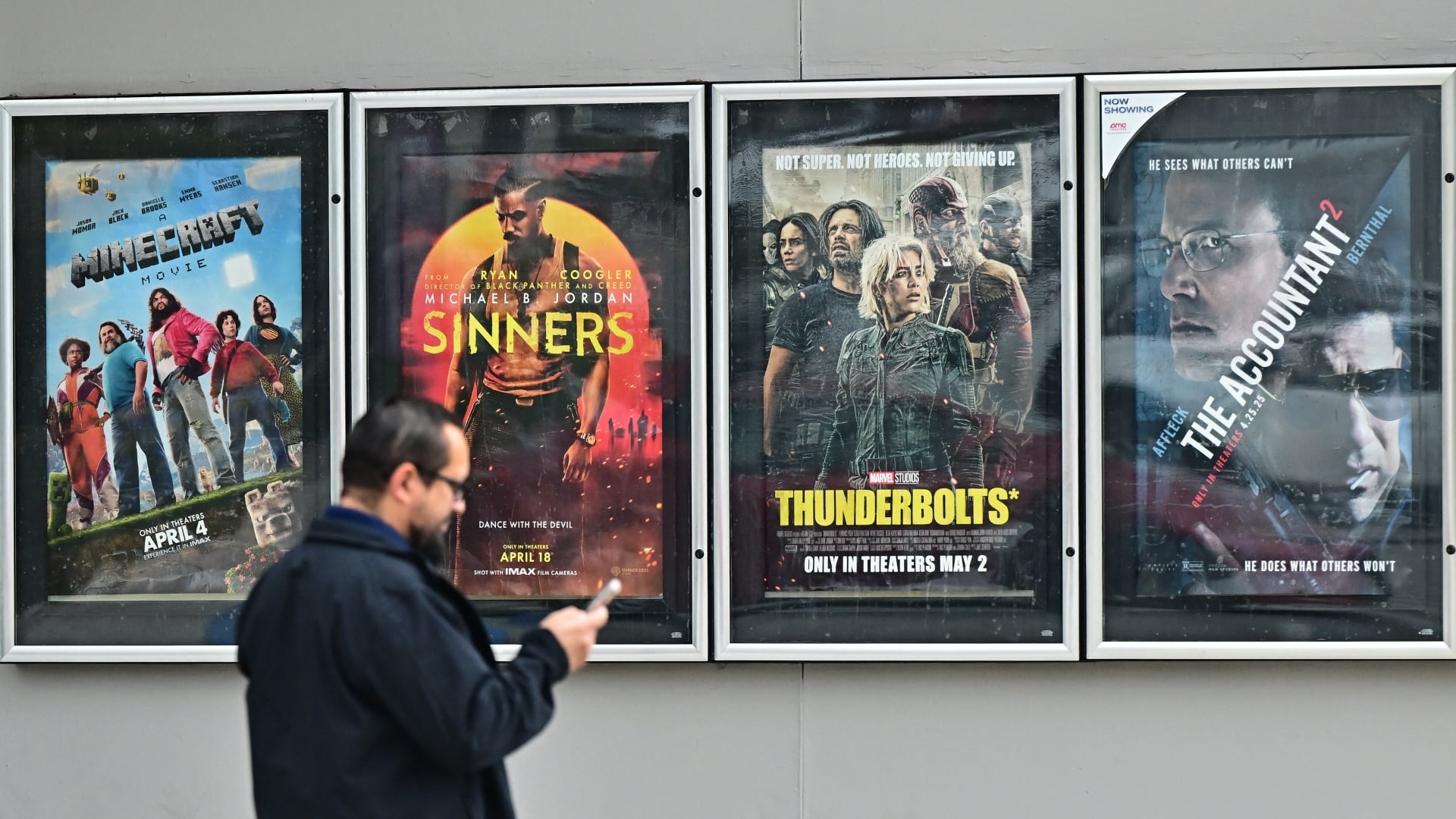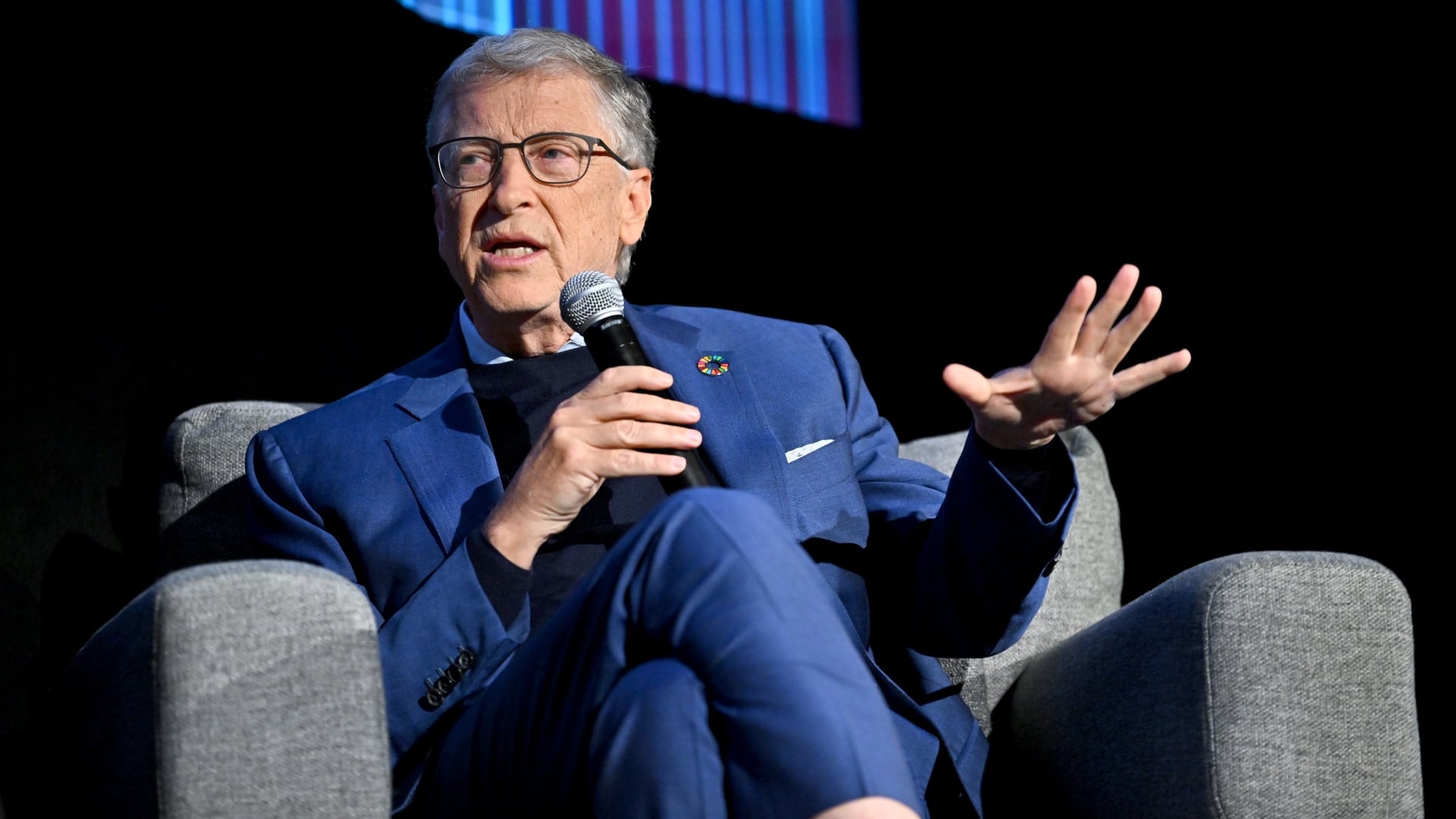Salesforce, the 22-year-old cloud-based sales and marketing platform, was founded with philanthropy baked into its core, but the major events of 2020 changed the way its corporate leaders think about giving. Ebony Beckwith, chief philanthropy officer at Salesforce and CEO of the Salesforce Foundation told Cheddar that COVID-19 and recent social justice movements are now transforming corporate philanthropy.
"I feel like people are really starting to understand the power of corporate philanthropy at the cellular level right now, and I'm really happy to see more companies stepping up because it's really a collective effort," she said.
While the foundation has been pursuing philanthropic programs for two decades, over the last year, she said, the company has shifted its charitable priorities from education and career attainment to a broader suite of issues.
"At Salesforce, our vision has always been to ensure that everyone has equal access to a quality education, a meaningful career, and the opportunity to really reach that full potential, but we're starting to think about it differently since last year," Beckwith stated.
In particular, the company is focused on closing the racial funding gap by supporting more nonprofit leaders of color.
"We're also investing in areas like civic engagement, food security, and access to capital because we see that all of those issues are so deeply connected."
Top-down planning is only part of Salesforce's philanthropic strategy. It also hopes to tap employees to gauge their own interests and concerns.
Beckwith said that Salesforce employees have volunteered a total of 5.7 million service hours.
"Employees want to be working for organizations who put their money where their mouth is, who allow them to give back, who allow them to take time off of work, even if they're working from home now," she added.

